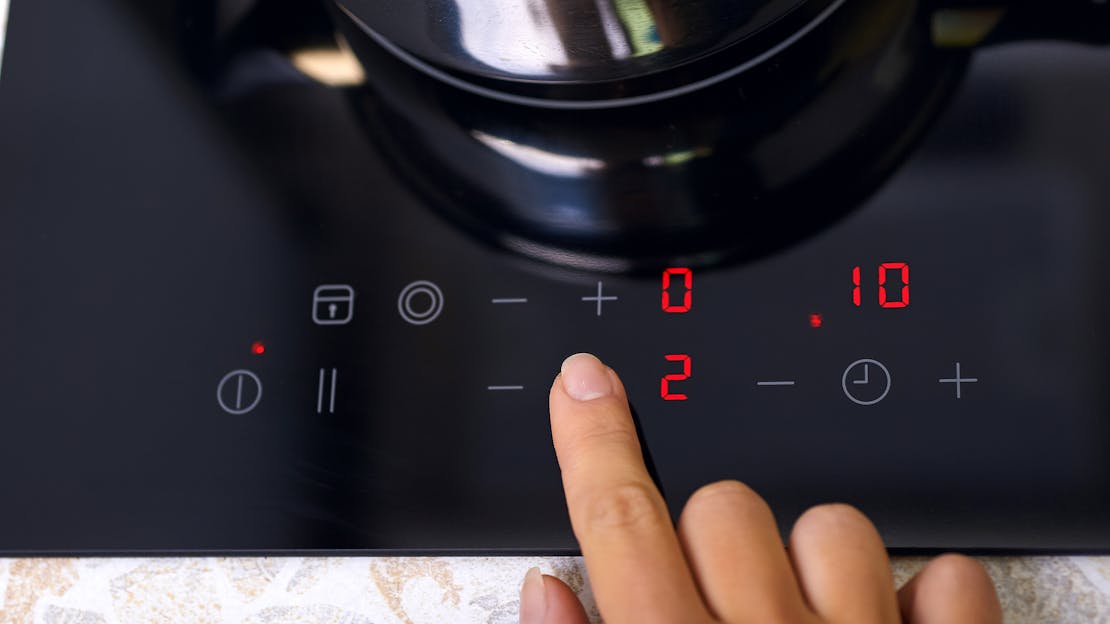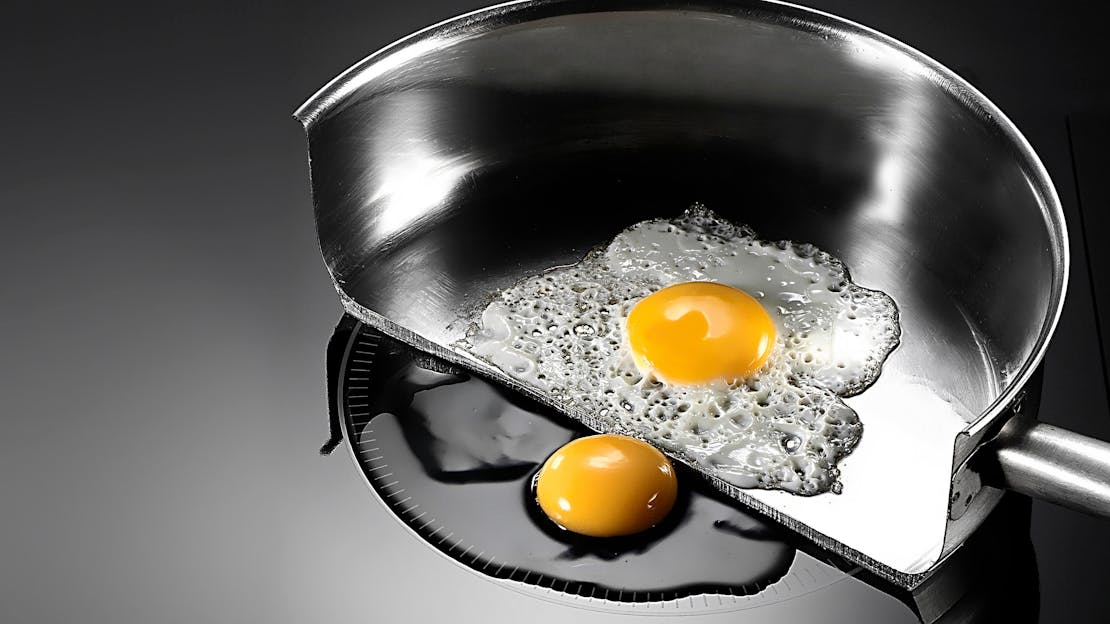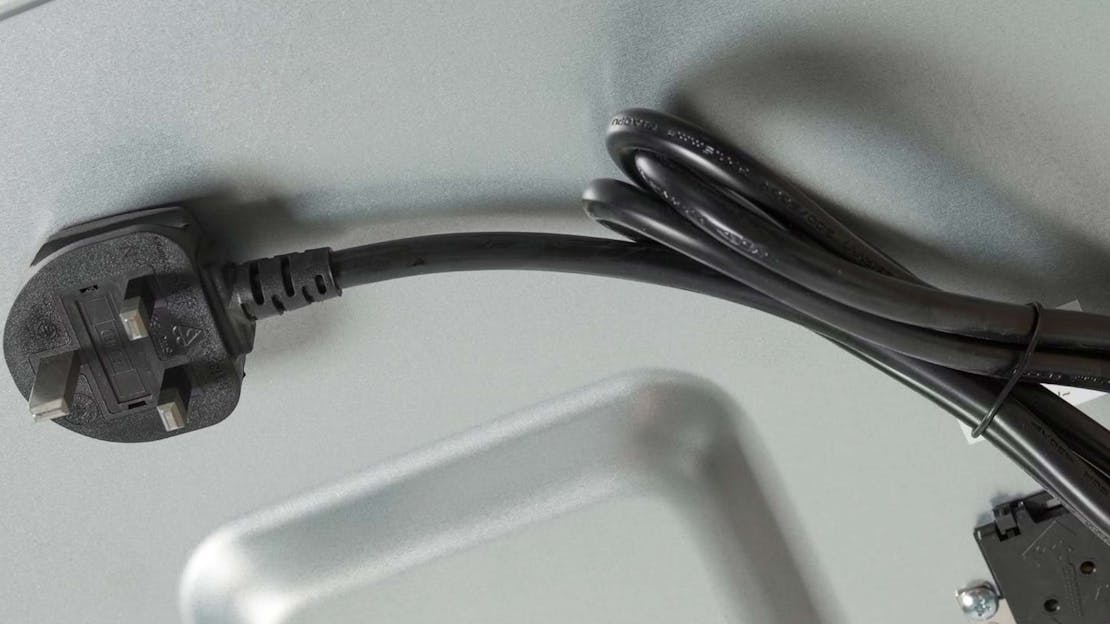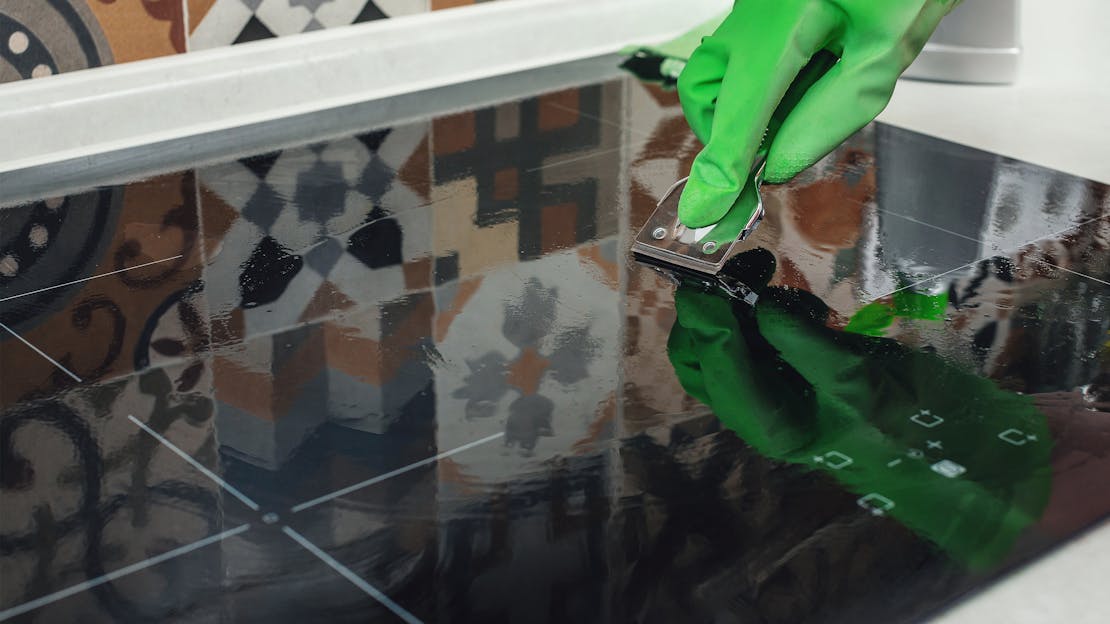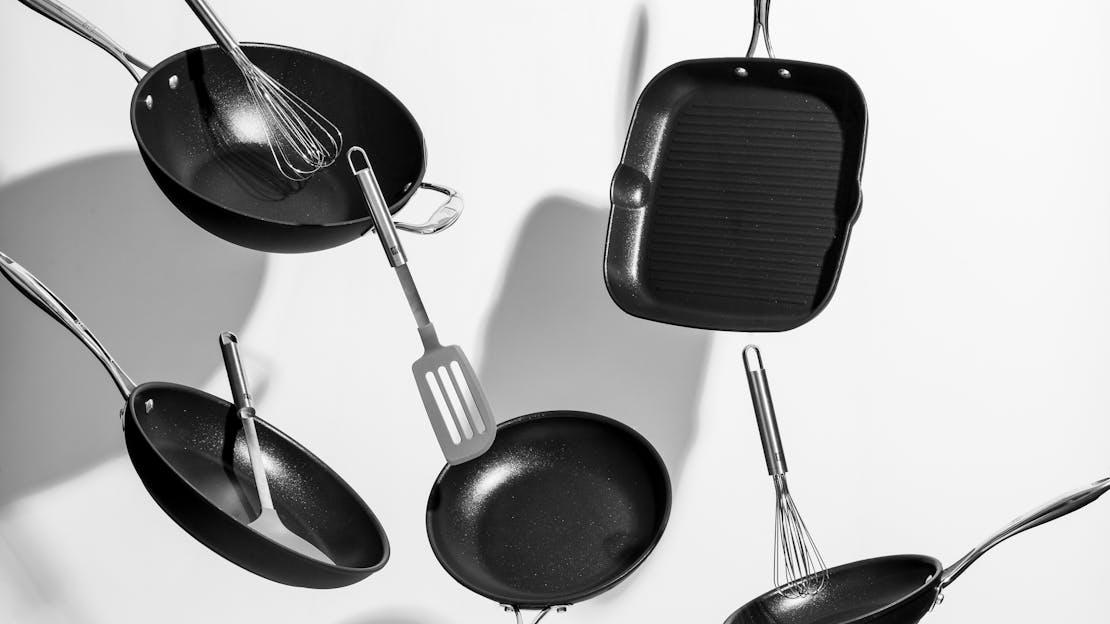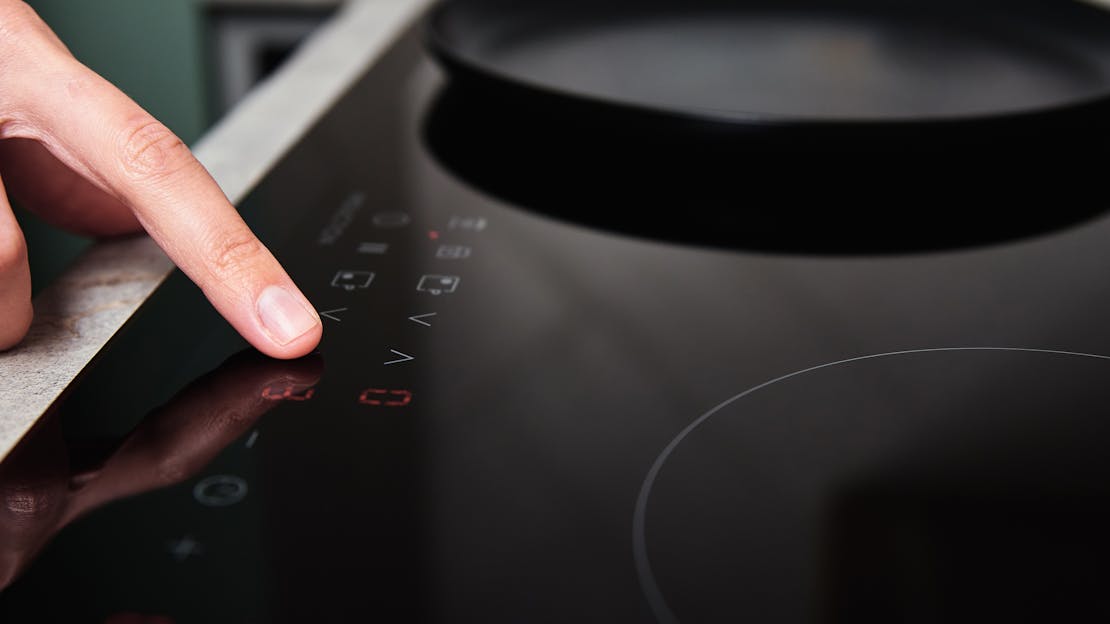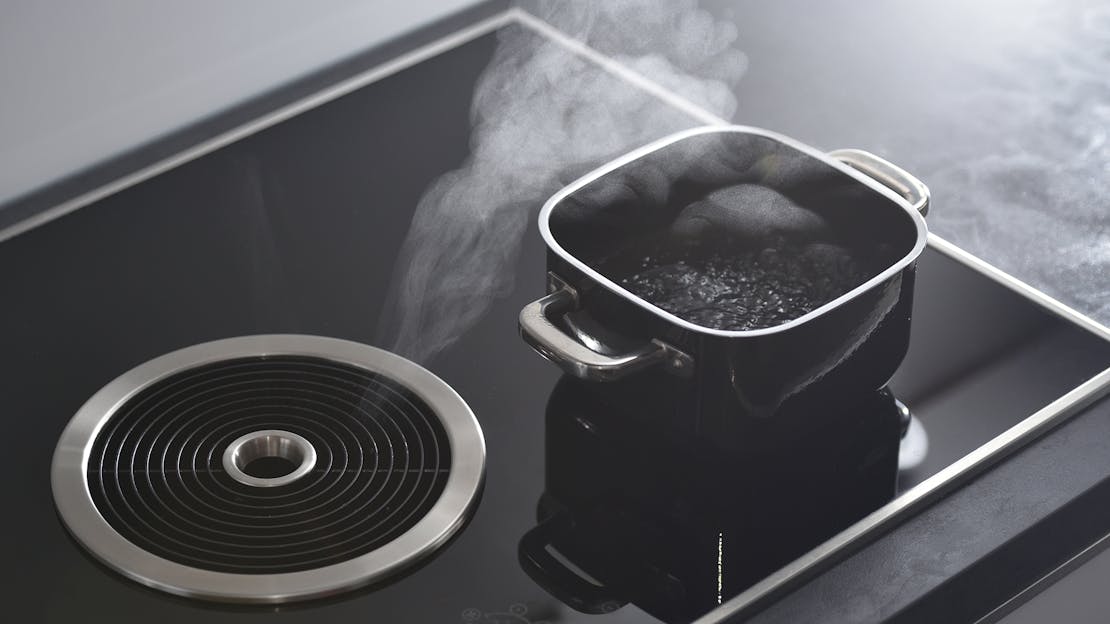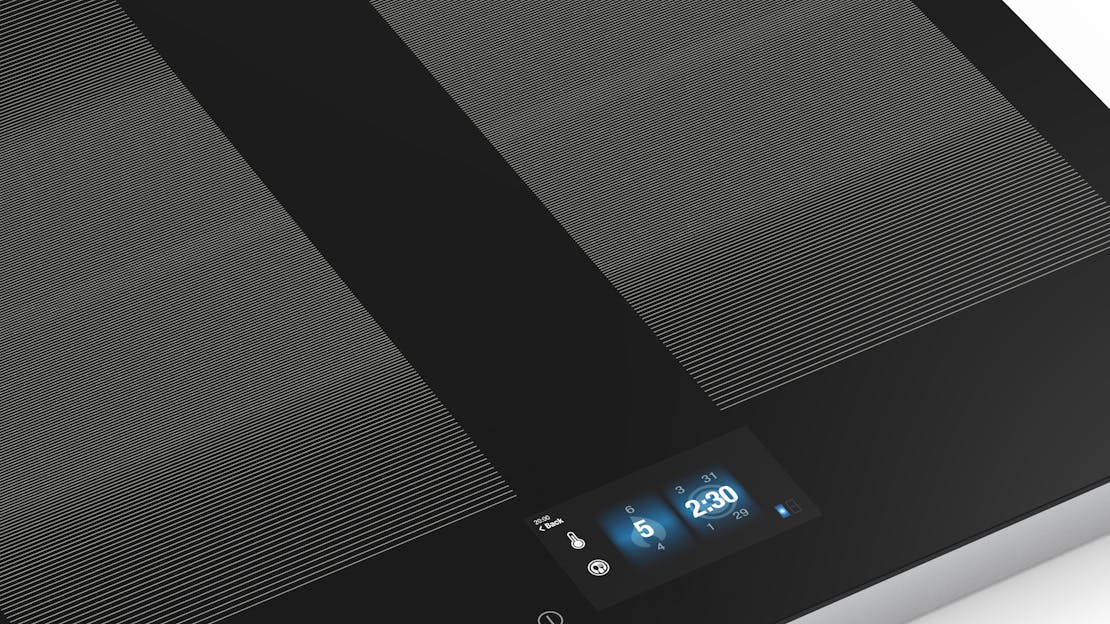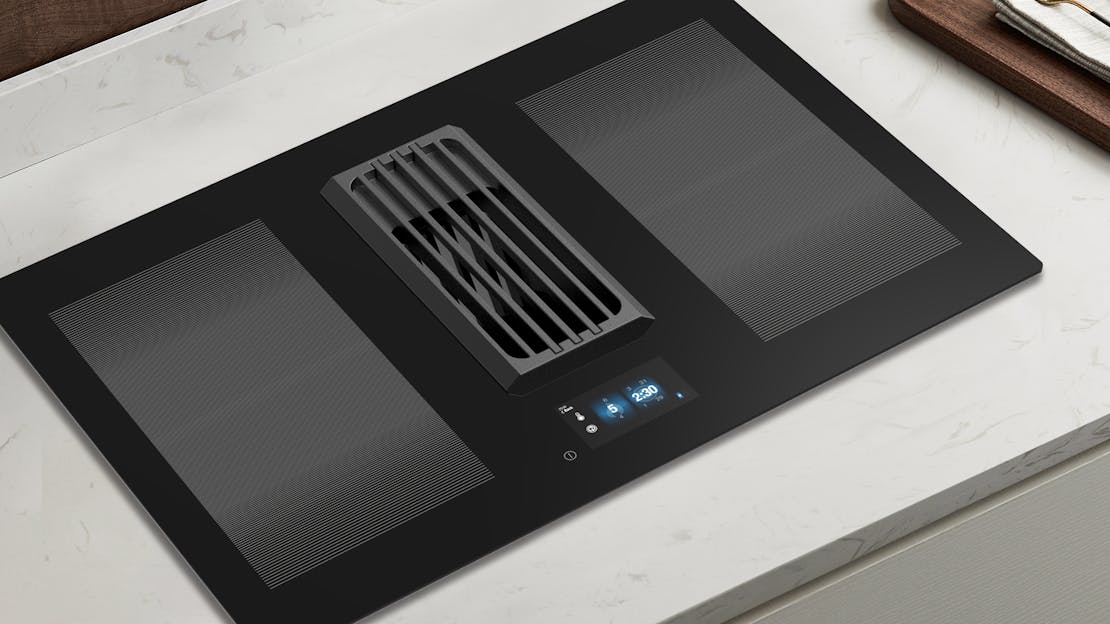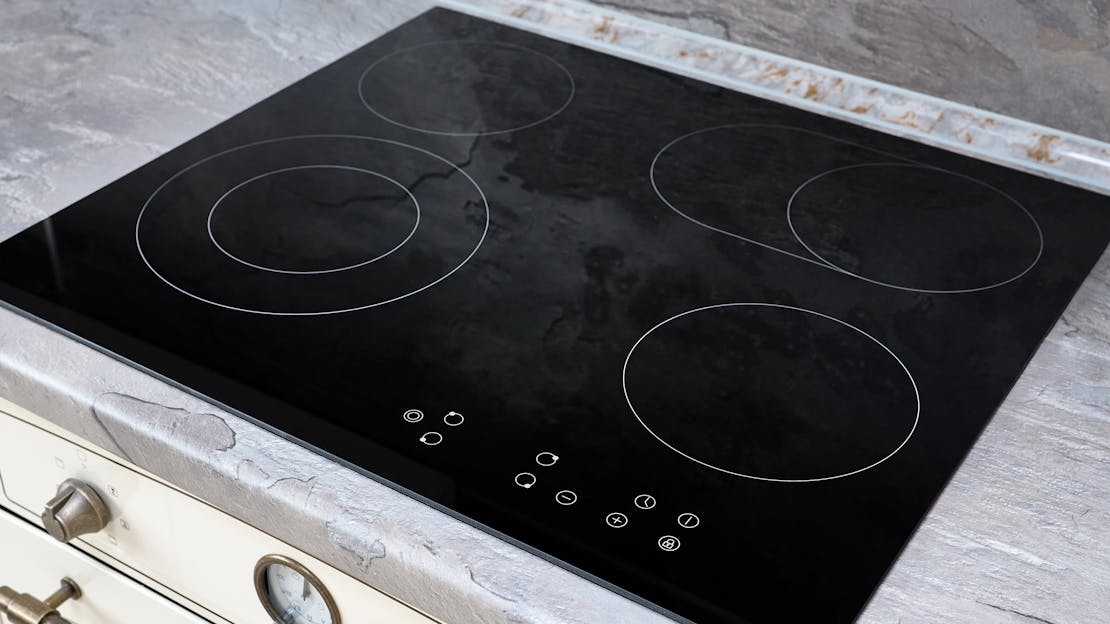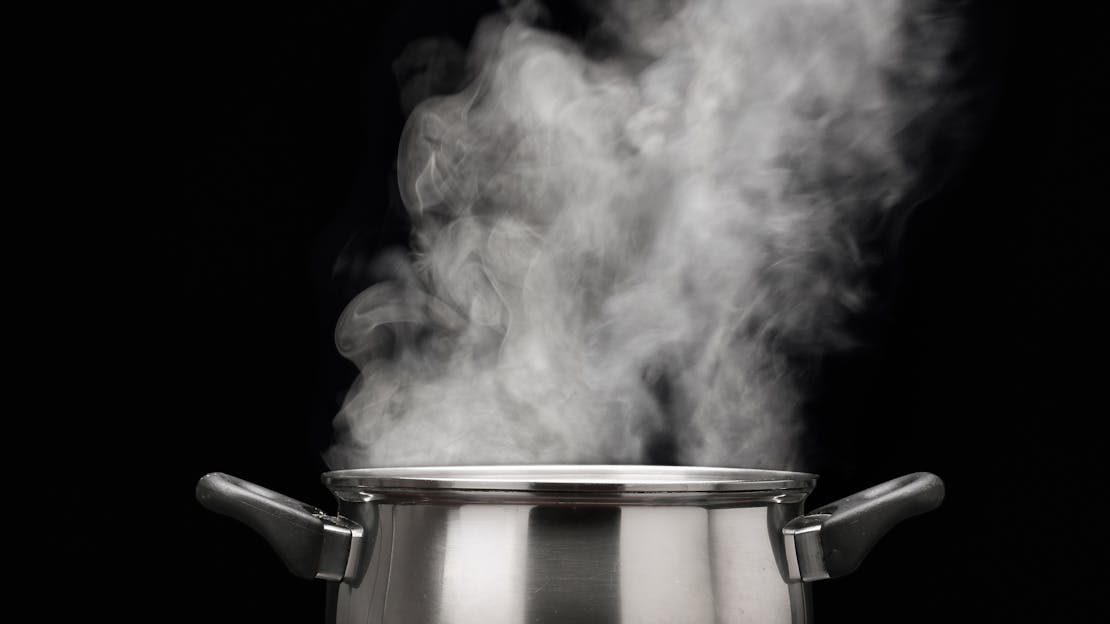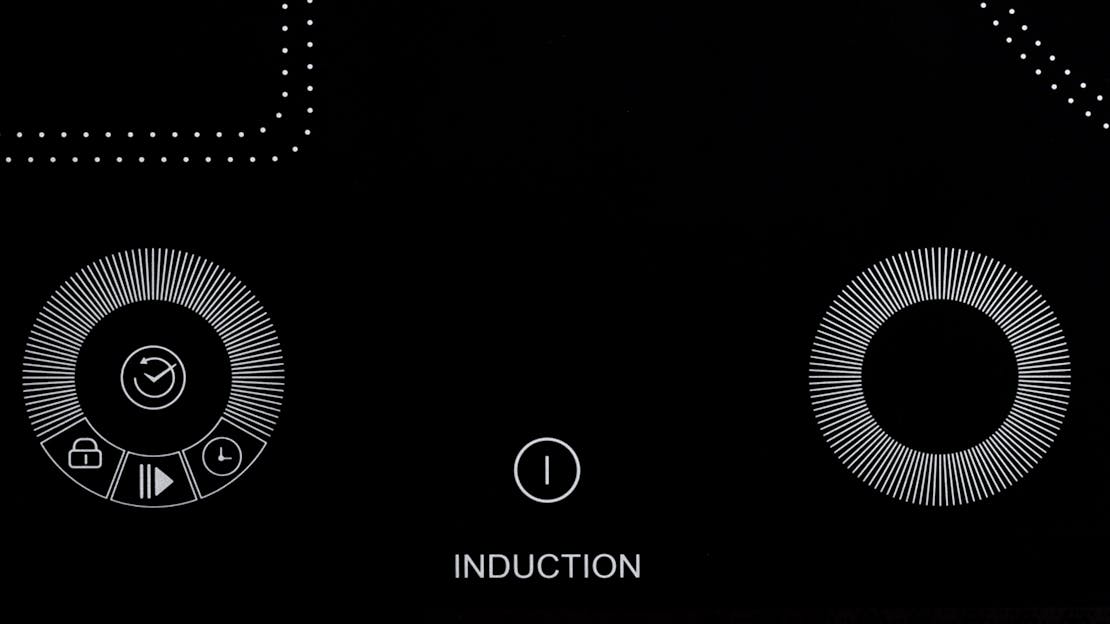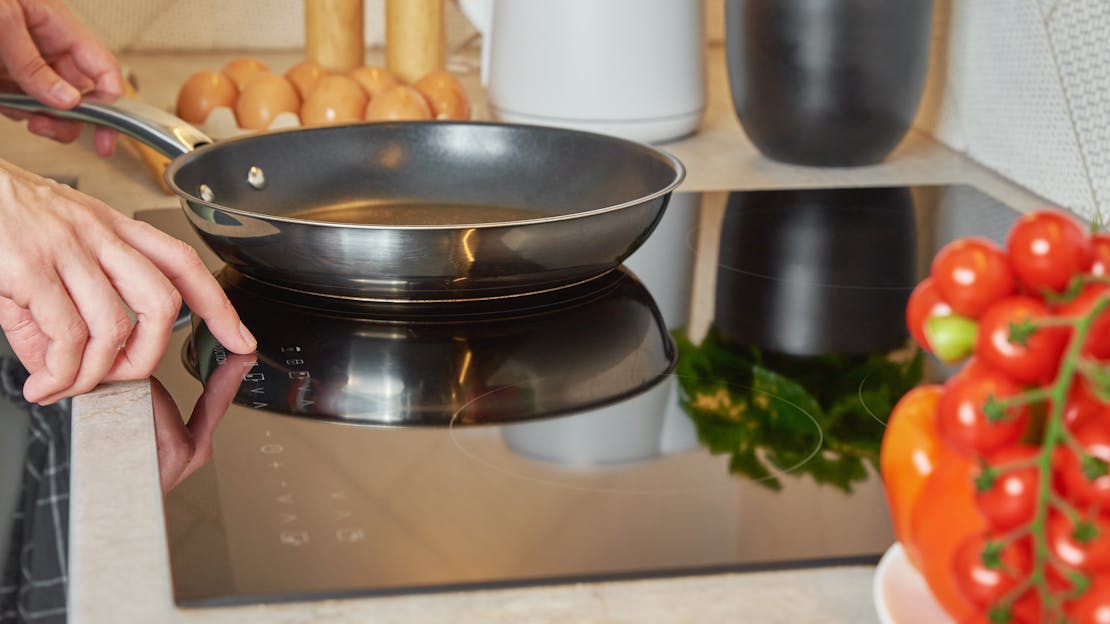
What's the Difference Between Induction and Ceramic Hobs?
Induction and ceramic hobs are both popular choices for modern cooking, but they operate in fundamentally different ways. Here's a detailed comparison of the two:
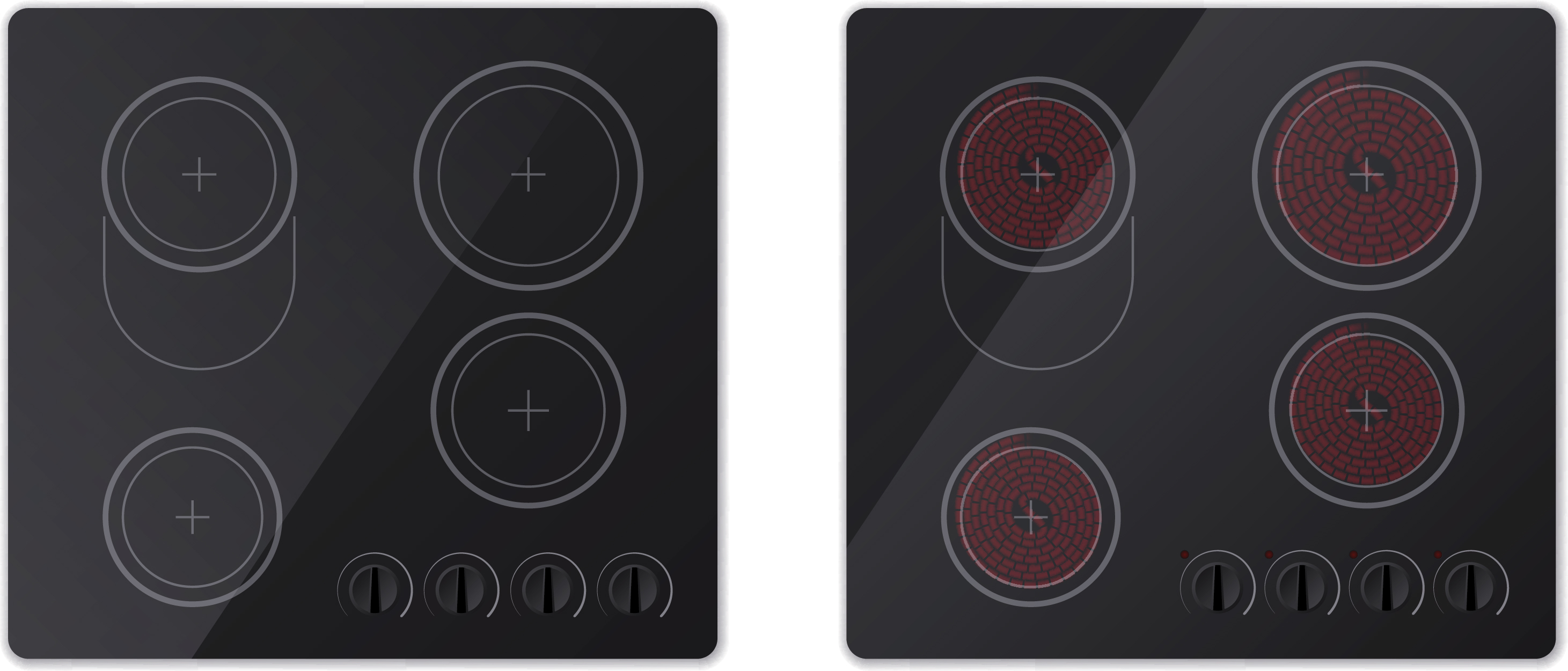
Modes of Operation:
- Induction Hobs: Best for those seeking rapid heating, energy efficiency, and precise temperature control.
- Ceramic Hobs: Suitable for those with a limited budget and less need for rapid heating or energy efficiency.
Heating and Energy Efficiency:
- Induction Hobs: The best choice for energy efficiency, rapid heating, and precise temperature control.
- Ceramic Hobs: Less energy-efficient but more budget-friendly; suitable for those who prioritise affordability over efficiency.
Pan Types:
- Induction Hobs: Ideal if you already have compatible magnetic cookware or are willing to invest in it.
- Ceramic Hobs: A more versatile choice, as they work with a wider range of cookware types, making them suitable for a variety of kitchen setups.
Heating Speed:
- Induction Hobs: The best option for those who require quick heating and precise temperature adjustments.
- Ceramic Hobs: Suitable if you don't mind slightly longer heat-up times and have no immediate need for rapid heating.
Safety:
- Induction Hobs: Generally safer due to their cooler hob surface and additional safety features.
- Ceramic Hobs: While safe when used cautiously, they may pose a slight burn risk due to their hot surface.
Cost:
- Induction Hobs: Initially more expensive but potentially cost-effective in the long run due to energy efficiency.
- Ceramic Hobs: More budget-friendly upfront but may lead to higher energy bills over time due to lower energy efficiency.
In conclusion, the choice between induction and ceramic hobs depends on your specific needs and priorities. Induction hobs are generally the superior choice in terms of efficiency, speed, and safety, especially if you can invest in compatible cookware. On the other hand, ceramic hobs are a more budget-friendly option, suitable for those who value affordability and versatility in cookware compatibility.
Here is a simple summary of the aspects covered above on the differences between induction and ceramic hobs:
| Aspect | Ceramic Hobs | Induction Hobs |
|---|---|---|
| Modes of Operation | Heating elements beneath ceramic glass surface | Electromagnetic induction directly in cookware |
| Heating and Efficiency | Less energy-efficient, slower heating/cooling | Highly energy-efficient, rapid heating |
| Pan Compatibility | Compatible with various cookware types | Requires magnetic cookware (e.g., iron) |
| Heating Speed | Slower heating, longer heat-up/cool-down times | Almost instant high temperatures |
| Safety | Surface can become very hot, potential burn risk | Cooler hob surface, additional safety features |
| Cost | Typically more affordable upfront | Higher initial cost, potential long-term savings |
Frequently asked questions
Can I replace a ceramic hob with an induction hob?
How do I know if I have a ceramic or induction hob?
What happens if you use a regular pan on an induction hob?
Is induction hotter than ceramic?
Do induction hobs glow red?
Do induction hobs use less electricity?
Do ceramic hobs use more electricity?
Do induction hobs scratch?
Do I need special pans for a ceramic hob?
What to consider when purchasing a ceramic hob?
What to consider when purchasing an induction hob?
Top Selling Hobs from MyAppliances
Discover the epitome of cooking versatility with our leading range of hobs, featuring induction, gas, and ceramic options. Engineered to meet the demands of modern kitchens, our best sellers combine innovative technology with sleek design to deliver exceptional performance every time. Explore our top picks today and revolutionise your cooking space.
Everything you need to know about Induction Hobs
Everything you need to know about Induction Hobs
Induction hobs offer rapid heating, precise control, and energy efficiency, revolutionizing cooking in the kitchen. Explore our articles for expert tips and advice to optimise your experience with induction hobs, ensuring efficient cooking and the best results every time.
![The Ultimate Guide to Induction Hobs]()
If you're considering upgrading your kitchen hob, you may find yourself mulling over the fascinating world of induction hobs. As one of the leading manufacturers of all types of hobs, we're here to help navigate you through this often bewildering terrain. Welcome to the Ultimate Induction Hob Buying Guide!
![Induction Hob Buying Guide]()
Economical and well-designed, our induction hobs here at MyAppliances come in a range of sizes and are easy to install, too.
![Can I plug my oven into a normal socket?]()
Induction hobs are generally meant to be hardwired into your electrical system rather than being plugged into a standard electrical socket. This is due to the fact that induction hobs require a higher amount of power to function correctly however there are exceptions.
![How to clean an induction hob]()
Induction hobs are popular for their sleek design and ease of use, but they can become dirty and stained from spills, grease, and cooking residue. Follow this guide to clean your induction hob thoroughly.
![Which type of pans should I use on an induction hob?]()
When using an induction hob, it's essential to choose cookware that is compatible with this type of hob. Induction hobs work by generating an electromagnetic field that directly heats the cooking vessel, so the cookware must have magnetic properties for it to work effectively.
![Why choose an Induction Hob: Features, Benefits, and Buying Tips]()
Explore the advantages of rapid heating, precise control, energy efficiency, and safety features as we demystify induction hobs and assist you in making an informed decision for your cooking needs.
![Enhancing Your Cooking Experience with Downdraft Induction Hobs]()
A downdraft induction hob, often referred to as a vented hob is a versatile kitchen appliance that seamlessly integrates the benefits of both induction cooking and a built-in downdraft ventilation system.
![What is an induction hob and how do they work?]()
Induction cooking has ushered in a culinary revolution with its sleek design and unparalleled efficiency. But have you ever wondered how it works? In this article, we'll demystify the science behind induction cooking, where electromagnetic forces take centre stage to create culinary magic. Join us on a journey into the fascinating world of induction cooking, as we explore its technology and the benefits that have made it a favourite among chefs and home cooks alike.
![Avoiding Common Pitfalls: What Not to Do with Your Induction Hob]()
As with any advanced kitchen appliance, there are guidelines and precautions that must be followed to ensure both the safety of your induction hob and the longevity of your cooking adventures.
![Induction Hobs: The Future of Cooking]()
If you’re in the market for a new hob, it’s worth considering an induction hob. Induction hobs offer a range of benefits over traditional gas and electric hobs, from energy efficiency to precise temperature control. In this article, we’ll explore what induction hobs are, how they work, and why you should consider purchasing one for your kitchen.
![What's the Difference Between Induction and Ceramic Hobs?]()
Induction and ceramic hobs are both popular choices for modern cooking, but they operate in fundamentally different ways. Here's a detailed guide covering the differences between the two.
![Mastering the Art of Condensation Control: Essential Tips for Induction Cooking]()
In this article, we explore some essential tips to help you reduce condensation and optimise your induction cooking experience.
![FAQ - Induction Hobs]()
Induction hobs have gained popularity for their energy efficiency and precise temperature control. In this FAQ, we'll discuss how induction hobs work, their advantages, cleaning and maintenance tips, and why they might be the perfect choice for your kitchen.

